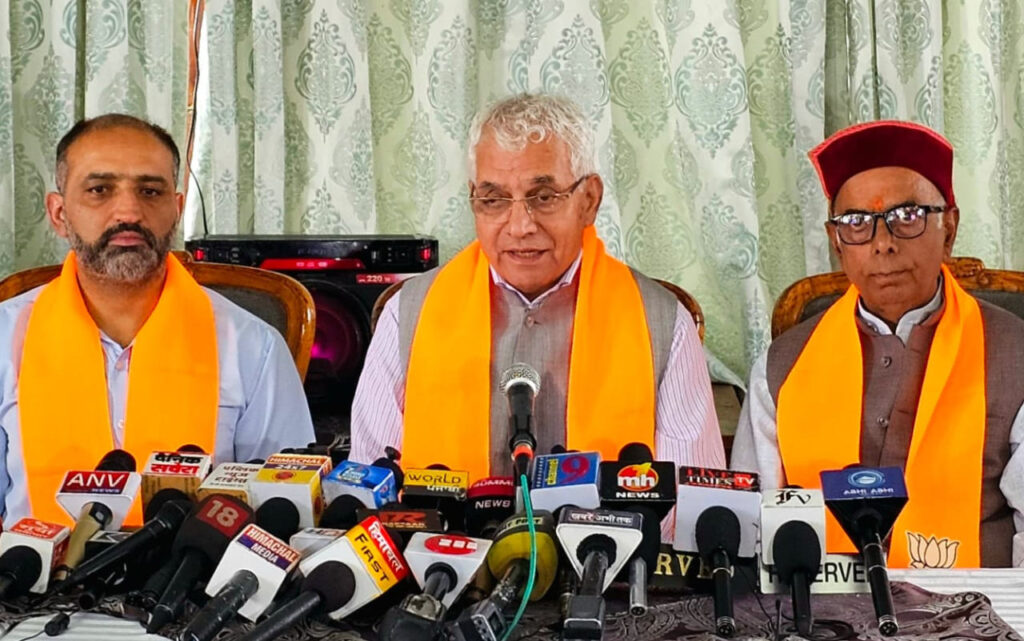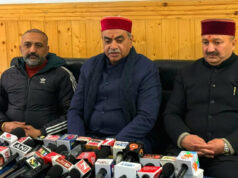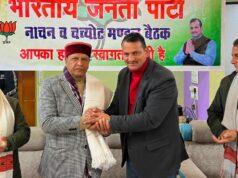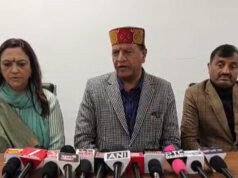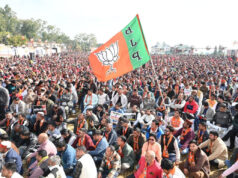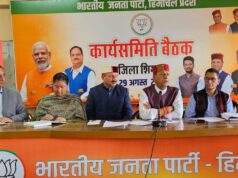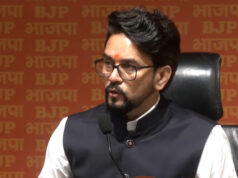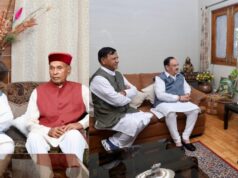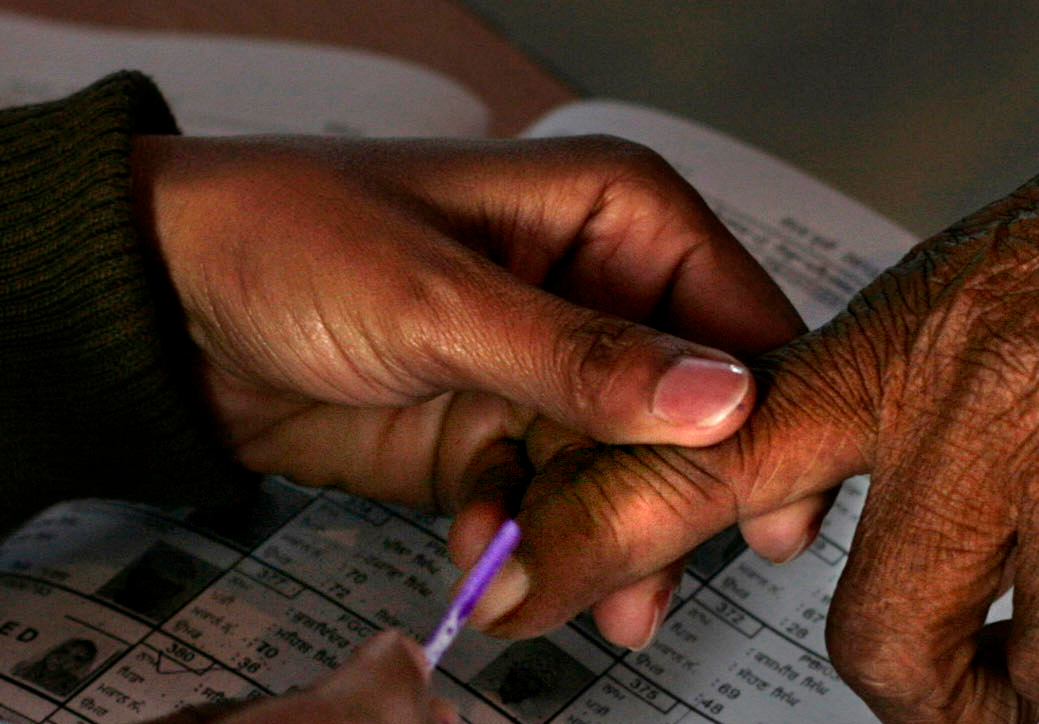BJP Leader Condemns Emergency Era Actions and Accuses Congress of Continued Unconstitutional Practices
The Emergency imposed by Indira Gandhi from 1975 to 1977 remains one of the most controversial periods in Indian history, a dark chapter that former BJP state president and minister Suresh Bhardwaj argues the nation has not forgotten. Addressing a press conference, Bhardwaj criticized the Congress party for its historical and ongoing threats to democracy, asserting that those who once undermined the Constitution are now masquerading as its protectors.
Emergency: A Dark Chapter in Indian History; Tyranny of 21 Months
Bhardwaj described the Emergency imposed by then-Prime Minister Indira Gandhi as the darkest period in Indian history, a chapter that continues to haunt the collective memory of the nation. “The lust for power exhibited by Congress from 1975 to the present day is unmistakable,” Bhardwaj asserted. He emphasized that the Congress party’s history of using unconstitutional methods to maintain power is well-documented, with the Emergency serving as a glaring example.
The Emergency, which lasted from June 25, 1975, to March 21, 1977, was marked by widespread repression and the suspension of democratic processes. Bhardwaj highlighted how Indira Gandhi, whose election was nullified by the Allahabad High Court in 1971 due to corrupt practices, manipulated the system to retain power. She forced the President to sign the Emergency proclamation at midnight on June 25, 1975, without consulting the Council of Ministers. Key opposition leaders, including Atal Bihari Vajpayee, Rajnath Singh, and JP Narayan, were swiftly imprisoned, along with 1.4 lakh other individuals, leading to 22 deaths in custody.
Bhardwaj recounted the draconian measures taken by the Congress government to stifle dissent and control the narrative. On the night of June 25, 1975, electricity was cut off in parts of Delhi to prevent the publication of newspapers. The press was subjected to censorship, and coverage of parliamentary and Supreme Court proceedings was banned, particularly those related to Indira Gandhi’s election case.
Constitutional Amendments and Legal Manipulations
The Emergency period saw significant tampering with the Constitution, Bhardwaj noted. The 38th Constitutional Amendment barred judicial review of emergency proclamations and ordinances, while the 39th Amendment protected Indira Gandhi’s position by preventing the Supreme Court from hearing election petitions against the Prime Minister, President, and Vice President. These amendments, passed rapidly, underscored the Congress’s determination to maintain its grip on power.
Bhardwaj stressed the long-term negative impact of the Emergency on India’s constitutional framework and legislative integrity. Laws like the Maintenance of Internal Security Act (MISA) were amended to bypass principles of natural justice, and acts like the Prevention of Publication of Objectionable Material Act were introduced to curb media freedom.
Drawing a direct line from the past to the present, Bhardwaj warned that the strategies employed by Congress and its allies continue to pose a threat to democracy. He urged the public to remain vigilant against what he described as the ongoing predatory tactics of those who claim to protect the Constitution while working to undermine it.


